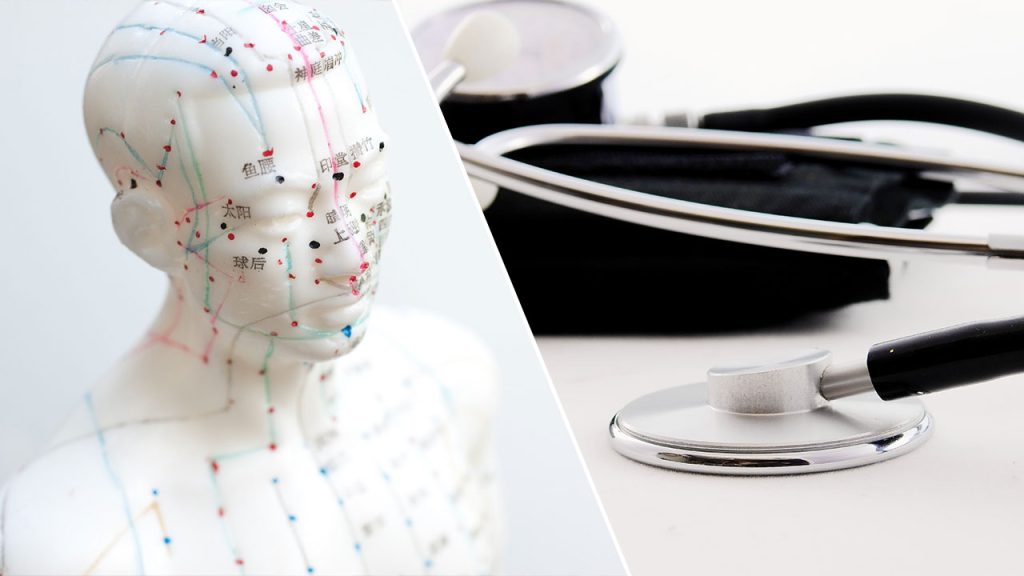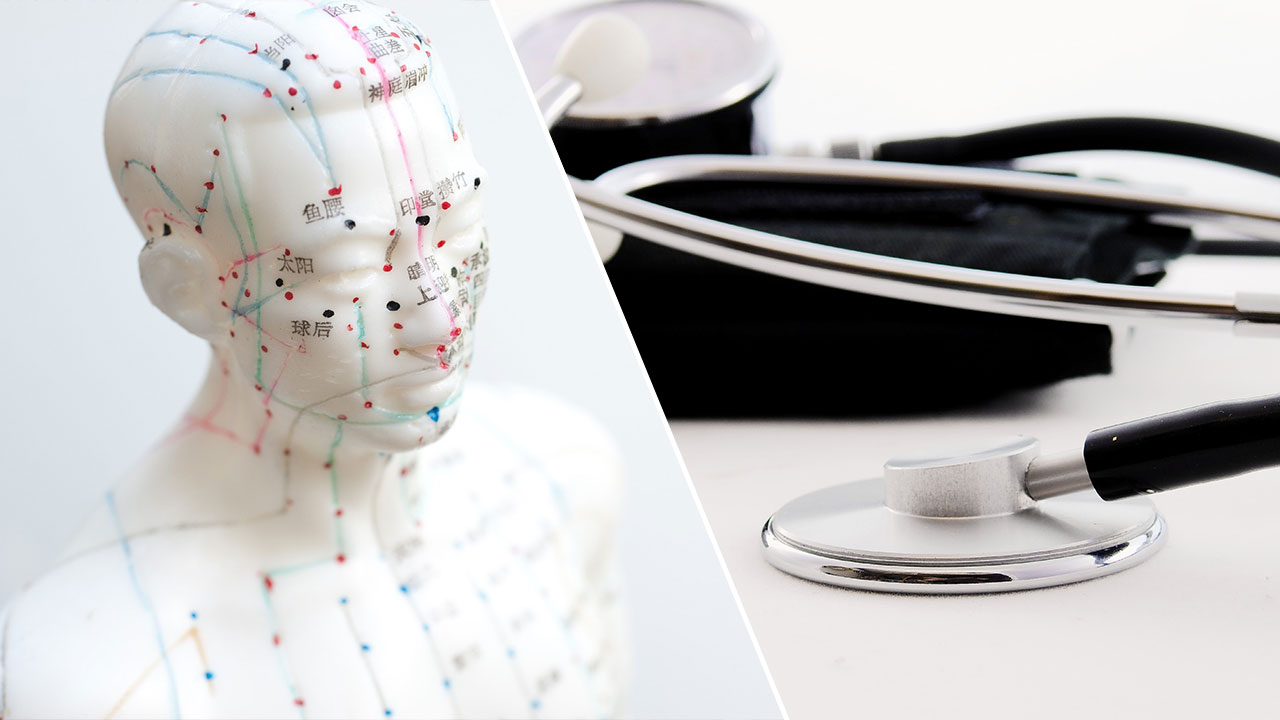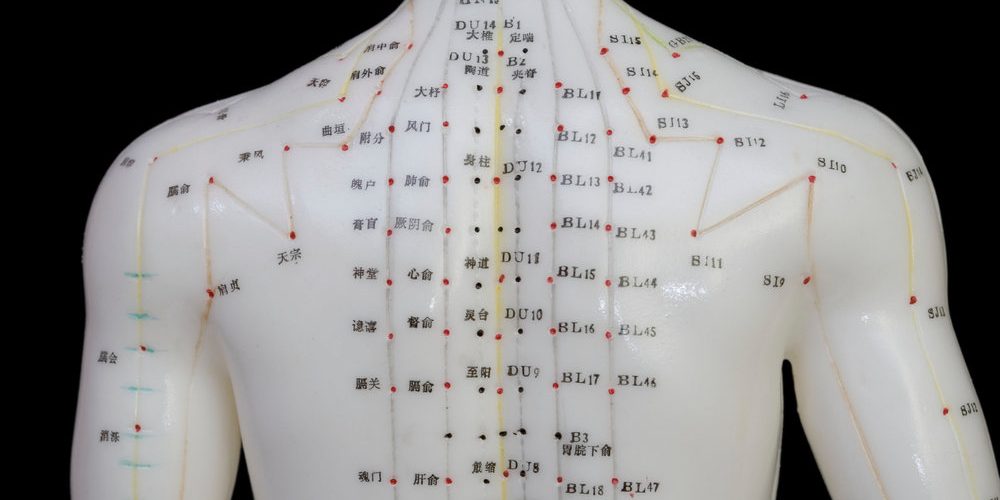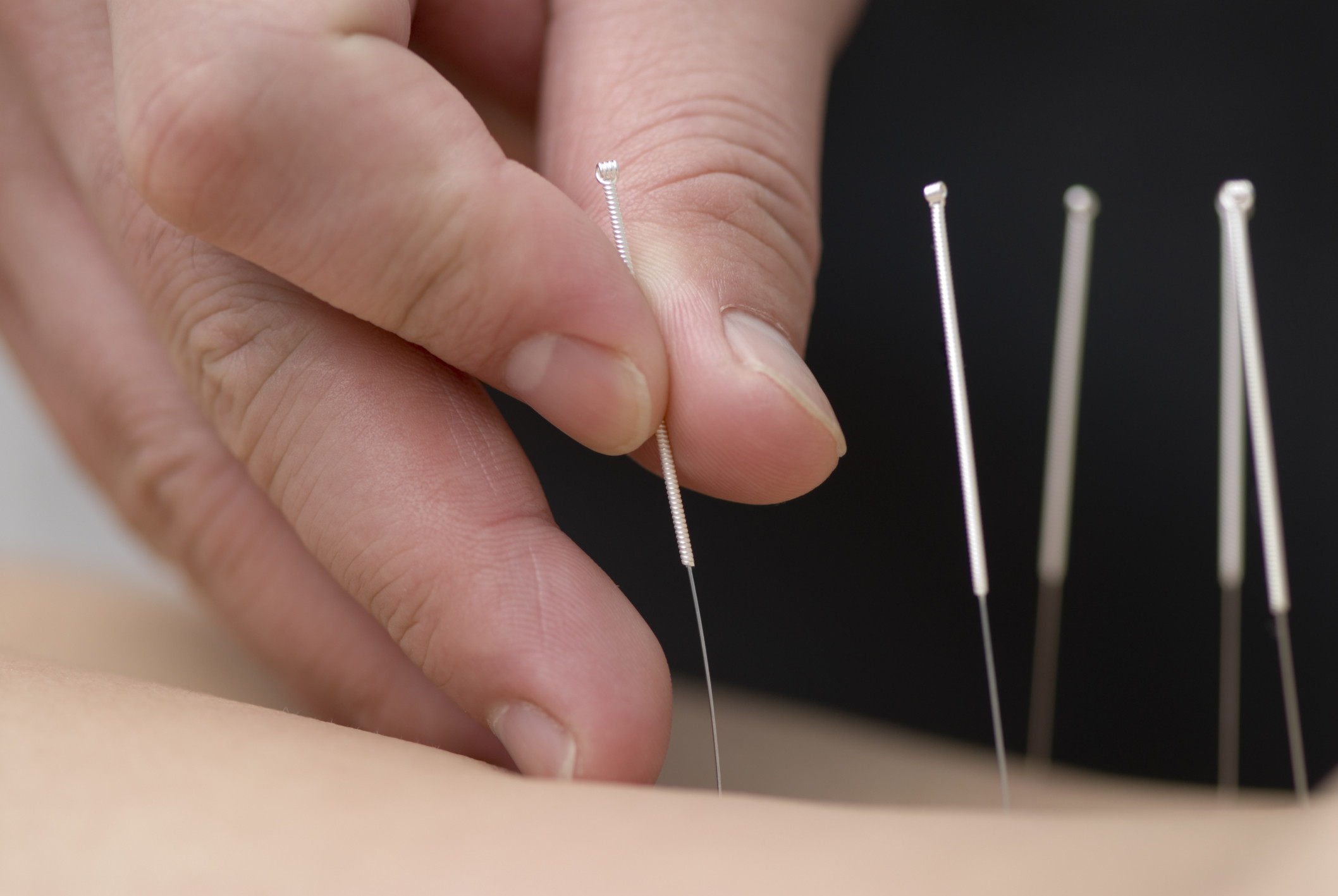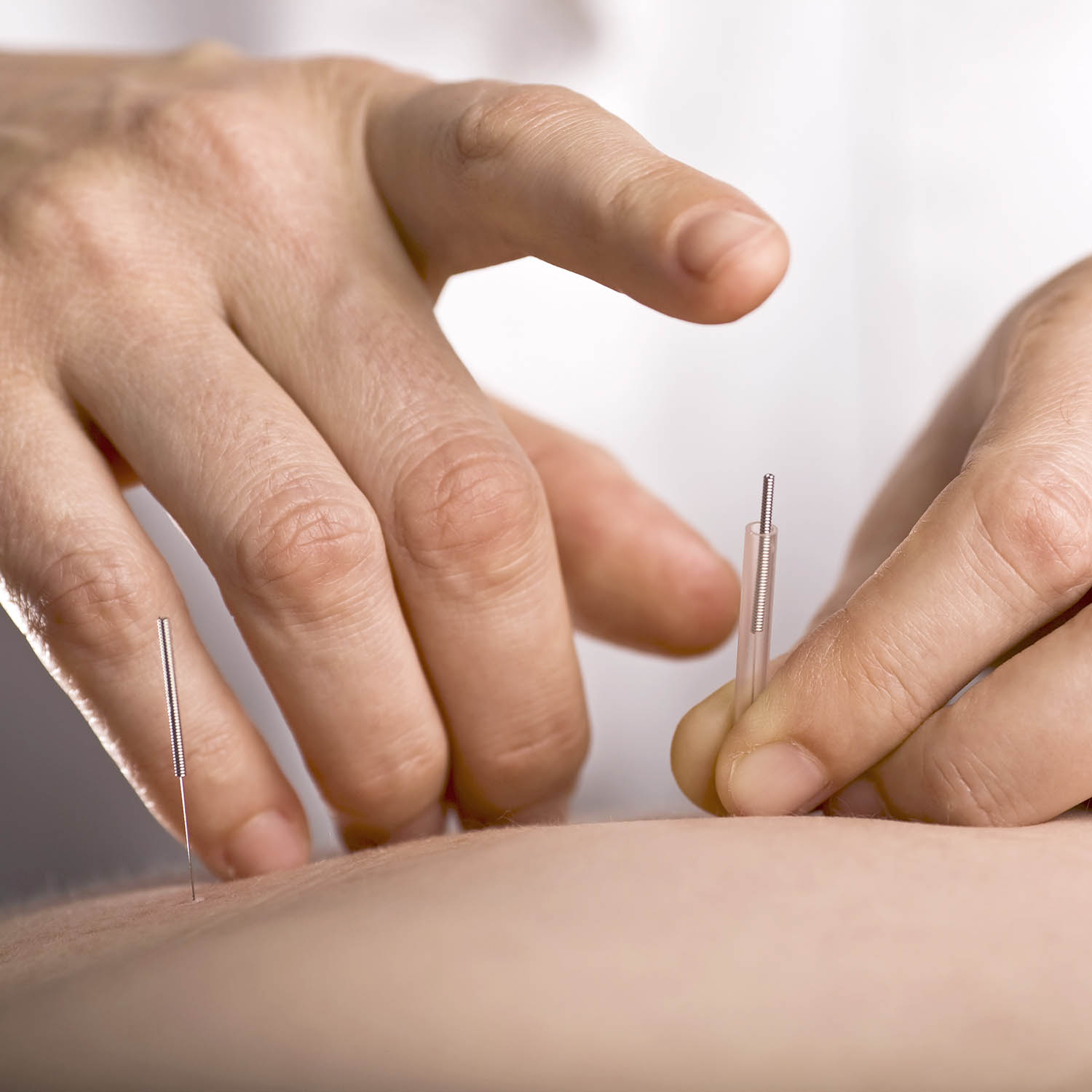In the realm of alternative medicine, acupuncture stands as an enigma—an ancient practice steeped in tradition yet embraced by modern science for its therapeutic potential. As researchers delve deeper into the scientific underpinnings of acupuncture, they uncover a complex tapestry of neurobiological, physiological, and biochemical mechanisms that shed light on how this millennia-old healing art works to promote health and well-being.
The Nervous System Nexus:
At the heart of acupuncture’s efficacy lies its profound influence on the nervous system—a intricate network of communication pathways that governs virtually every aspect of bodily function. Through the insertion of fine needles into specific acupuncture points, practitioners stimulate sensory receptors known as nociceptors, triggering a cascade of neural signals that travel along the spinal cord to the brain. Here, acupuncture’s modulatory effects on neurotransmitters, such as endorphins, serotonin, and gamma-aminobutyric acid (GABA), play a pivotal role in pain relief, mood regulation, and stress reduction.
Gate Control Theory:
One of the prevailing theories in acupuncture research is the Gate Control Theory of Pain, first proposed by Ronald Melzack and Patrick Wall in 1965. According to this theory, the sensation of pain is modulated by the interplay between large-diameter (non-painful) and small-diameter (painful) nerve fibers in the spinal cord. By stimulating large-diameter nerve fibers through acupuncture, practitioners effectively “close the gate” to pain transmission, dampening the perception of pain and promoting a sense of relief.
The Brain’s Response:
Neuroimaging studies offer further insight into acupuncture’s effects on the brain, revealing distinct patterns of neural activity in response to acupuncture stimulation. Functional magnetic resonance imaging (fMRI) studies have shown that acupuncture can modulate activity in brain regions associated with pain processing, such as the insula, thalamus, and anterior cingulate cortex. Additionally, acupuncture has been found to enhance connectivity within the default mode network—a brain network involved in self-referential processing and introspection—suggesting a potential mechanism underlying its effects on mood, cognition, and emotional regulation.
Connective Tissue Connections:
Beyond its effects on the nervous system, acupuncture also exerts direct effects on the body’s connective tissue—a web-like matrix that surrounds and supports muscles, organs, and other structures. Research has shown that acupuncture needle insertion stimulates the release of adenosine—a naturally occurring compound involved in pain modulation and tissue repair—from fibroblasts within the connective tissue. This, in turn, triggers a cascade of biochemical signaling pathways that promote anti-inflammatory and regenerative processes, contributing to acupuncture’s therapeutic effects on musculoskeletal pain and injury.
The Role of Placebo Effects:
Intriguingly, acupuncture’s therapeutic effects are not solely attributable to its physiological actions but also to the placebo response—a complex interplay of psychosocial factors that influence perception and experience. Studies have shown that factors such as patient expectations, practitioner-patient rapport, and treatment context can significantly impact treatment outcomes, independent of the specific acupuncture technique used. While some skeptics dismiss acupuncture’s effects as mere placebo, others argue that the integration of placebo responses into clinical practice underscores the importance of the therapeutic relationship and the patient’s subjective experience in healing.
Emerging Insights from Research:
As research into acupuncture continues to evolve, new insights are emerging that challenge conventional notions of health and disease. Recent studies have explored the role of acupuncture in modulating immune function, regulating inflammation, and restoring homeostasis—a dynamic equilibrium that underlies optimal health. From its effects on gene expression to its influence on the gut microbiome, acupuncture’s far-reaching impacts are reshaping our understanding of the body-mind connection and paving the way for novel approaches to health promotion and disease prevention.
The Promise of Personalized Medicine:
Looking ahead, the future of acupuncture holds promise for personalized approaches to health and healing. Advances in technology, such as electroacupuncture and laser acupuncture, offer innovative ways to tailor treatment strategies to individual needs and preferences. Coupled with insights from genomics, proteomics, and other omics disciplines, acupuncture is poised to usher in a new era of integrative medicine—a paradigm that embraces the complexity of human biology and harnesses the body’s innate capacity for healing.
The scientific mechanisms behind acupuncture are as diverse and multifaceted as the practice itself. From its effects on the nervous system and connective tissue to its modulation of neurotransmitters and immune function, acupuncture offers a window into the body’s innate healing potential—a potential that continues to captivate researchers and practitioners alike as they unravel the mysteries of this ancient healing art.
